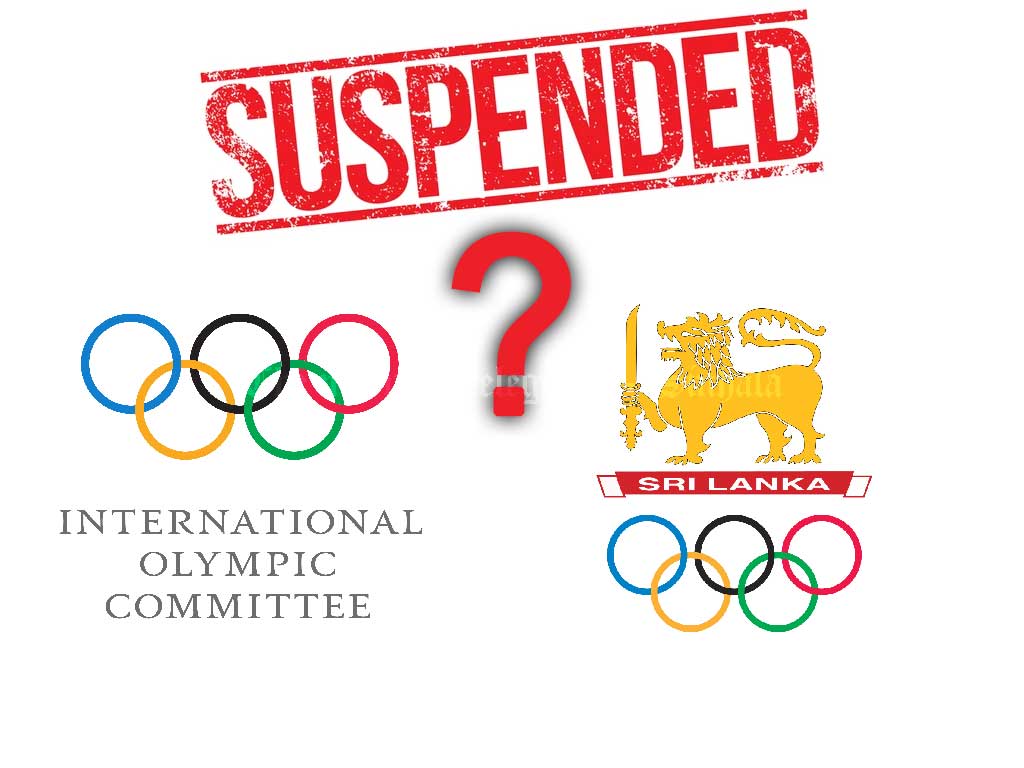
The National Olympic Committee of Sri Lanka (NOCSL) is engulfed in yet another controversy, as Secretary General Maxwell De Silva continues to defy his suspension by the Ethics Committee. This defiance persists despite the endorsement of the suspension by both the International Olympic Committee (IOC) and the Olympic Council of Asia, which have called for the enforcement of the Ethics Committee’s findings.
In a previous letter, the International Olympic Committee (IOC) warned Sri Lanka of severe consequences should its advice be ignored and no action be taken to address the issues at hand.
Amid this turmoil, Rifdy Fahmy, a prominent member of the Executive Committee, has tendered his resignation, choosing to preserve his dignity and uphold his reputation. Fahmy’s decision to step down highlights a stark contrast to other officials who continue to cling to their positions, reaping benefits through questionable means while extending support to De Silva in his defiance of the suspension.
Fahmy’s resignation underscores a principled stance amidst a scandal-plagued organization, marking a rare instance of accountability and decency in an environment marred by allegations of corruption and mismanagement. His departure is a reminder of the pressing need for reform and integrity within the NOCSL.
Fahmy’s resignation marks the third high-profile departure following revelations of long-standing corruption within the NOCSL. Earlier, Major General (Rtd) Dampath Fernando and Finance Chairman Lalith Vithana also resigned after allegations of widespread financial mismanagement and malpractice surfaced.
Entrenched Corruption and Misconduct
The National Olympic Committee of Sri Lanka (NOCSL) is currently embroiled in a series of serious allegations implicating key members of its Executive Committee in fraudulent activities, financial misappropriation, and human smuggling. Among those accused are Treasurer Gamini Jayasinghe, Vice Presidents Kanchana Jayaratne (husband of former Minister Pavithra Jayaratne) and Suranjith Premadasa, Assistant Secretary Chandana Liyanage, and Executive Members Shirantha Peiris, Ruwan Alahakoon, and Niluka Karunaratne.
Despite repeated demands for their resignation, including allegations of direct violations of the country’s Sports Law, these officials have steadfastly refused to step down. This refusal has fueled suspicions about their motives, with critics pointing out that the positions provide significant benefits—such as financial rewards, influence, and access to international funding—that they are unlikely to give up willingly.
- Niluka Karunaratne, a former athlete turned official, is accused of siphoning $10,000 under the guise of teaching English to Olympic athletes. However, no evidence of such a program has surfaced, leading to suspicions that the funds were diverted for personal use. Officials from the Athletes Commission and others associated with the organization have expressed frustration, stating they were completely unaware of the receipt of these funds or their intended use.
- Shirantha Peiris and Suranjith Premadasa, these two Vice Presidents allegedly misused similar amounts to upgrade facilities for a rifle shooting range and a horse riding school, both of which are located on their private properties.
- Ruwan Alahakoon has been found in direct violation of the country’s Sports Law, as he simultaneously holds the position of Secretary of the Taekwondo Association and serves as the appointed coach of the University of Kelaniya’s Taekwondo team, which recently secured victory in a championship.
- Shirantha Peiris is currently under investigation for alleged fraud involving the importation of arms and ammunition under the guise of the Rifle Shooting Federation, which were then sold privately.
- Maxwell De Silva, the embattled Secretary General of the National Olympic Committee of Sri Lanka (NOCSL), has been implicated in yet another financial controversy. Reports reveal that De Silva sourced funds totaling $30,000, ostensibly to purchase a computerized system designed to monitor athletes’ performances. However, the funds were paid to an acquaintance of De Silva’s, allegedly tasked with providing the equipment, which never materialized.
- The disappearance of the funds has sparked outrage and further damaged the credibility of the NOCSL, as no trace of the payment or the promised system has been found. Critics argue that this is yet another example of the systemic corruption that has plagued the organization for years, with resources meant to support athletes and sports development vanishing into thin air.
- This incident adds to the growing list of allegations against De Silva, whose tenure has been marred by financial irregularities, mismanagement, and a blatant disregard for accountability. As public pressure mounts, calls for comprehensive investigations into the misuse of funds and the removal of corrupt officials from the NOCSL grow louder.These misappropriations have not only deprived genuine sports programs of much-needed resources but have also eroded trust in Sri Lanka’s ability to manage international funding transparently. The above is besides a plethora of other incidents of fraud, corruption, manipulations and even human smuggling that warranted the Secretary General De Silva from being suspended from his current post.
- Chandana Liyanage, the Assistant Secretary of the National Olympic Committee of Sri Lanka (NOCSL), has been implicated in a series of corruption allegations that have cast a shadow over the organization’s integrity. Notably, Liyanage was previously terminated from his role at Brandix, a leading apparel company in Sri Lanka, under circumstances that have raised concerns about his professional conduct.Within the NOCSL, Liyanage is identified as a steadfast ally of Secretary General Maxwell De Silva, who himself faces multiple allegations of embezzlement, fraud, and corruption. This alliance has led to suspicions that Liyanage may be complicit in or supportive of the unethical activities attributed to De Silva’s administration.The NOCSL has been under intense scrutiny, with the International Olympic Committee (IOC) calling for the immediate suspension of Secretary General De Silva following the conclusions and recommendations submitted by the NOCSL Ethics Committee.Despite these developments, Liyanage and other officials have continued to maintain their positions, prompting calls for comprehensive investigations into their conduct.These allegations against Liyanage and his associates have significantly tarnished the reputation of the NOCSL, leading to demands for accountability and transparency within Sri Lanka’s sports administration. The situation underscores the urgent need for reforms to restore integrity and public trust in the country’s sports governance.
- Gamini Jayasinghe, the Treasurer of the National Olympic Committee of Sri Lanka (NOCSL), has been implicated in multiple allegations of financial misconduct that have raised serious concerns about the organization’s governance. Besides working in tandem with the Secretary General De Silva, Jayasinghe is also guilty of flouting the country’s Sports Law by holding multiple positions in various sports federations.
- Kanchana Jayaratne, the Vice President (husband of former Minister Pavithra Wanniarachchi) named in several cases of being involved in Covid 19 vaccine scams when his wife was the appointed Minister of Health.
Governance Failures and Ethical Lapses
The crisis at the NOCSL underscores deeper systemic issues within Sri Lanka’s sports administration. Secretary General Maxwell De Silva’s defiance of his suspension, imposed by the Ethics Committee for alleged misconduct, has created an environment where accountability is virtually nonexistent. His continued influence over the organization has allowed his allies to hold onto their positions, further obstructing efforts to bring about meaningful reform.The NOCSL’s current woes are not isolated incidents but part of a longstanding pattern of corruption and malpractice that has hindered Sri Lankan sports for years.
The Way Forward
As the NPP government embarks on its mission to eradicate corruption and instill good governance, the NOCSL’s deep-rooted issues present a significant challenge. The new Minister of Sports faces a daunting task, restoring credibility to an institution that has long been tainted by scandal and mismanagement.
Critics state that reforms must begin with the removal of corrupt officials and the introduction of strict financial oversight mechanisms. Greater transparency in funding, adherence to ethical standards and empowering independent bodies to oversee governance will be critical in rebuilding trust and ensuring that Sri Lankan athletes receive the support they deserve.
The Cost of Corruption
The NOCSL’s continued dysfunction not only damages the country’s reputation but also deprives athletes of opportunities to excel on the global stage. As public outrage grows, the question remains: will Sri Lanka’s sporting authorities take decisive action to clean house, or will systemic corruption continue to rob the nation of its sporting potential?
The evidence is clear. The NOCSL stands as a glaring example of how unchecked corruption can devastate a country’s sporting infrastructure. It is time for action, accountability, and a renewed commitment to the values of integrity and fair play, if not a country that boasts of immense talented sportsmen and sportsmen may soon find out that there will be no international playground for them to showcase their and skills and bring much deprived fame and fortune to its motherland.

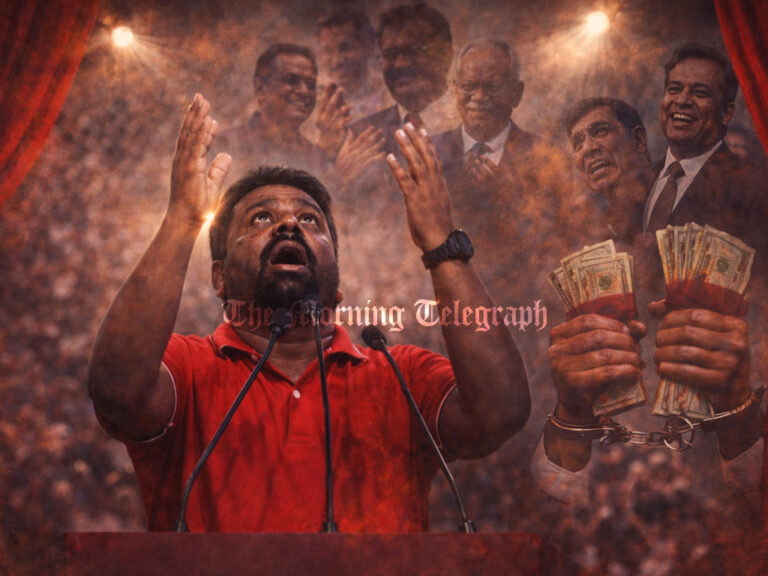
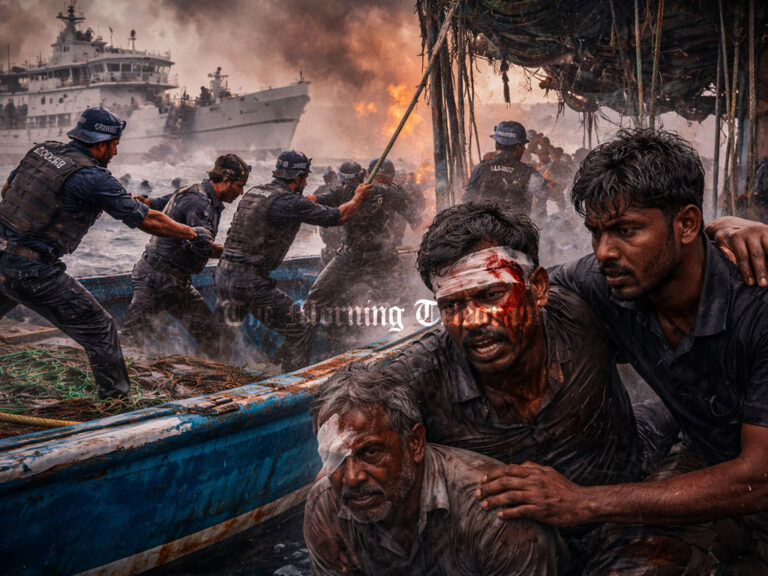
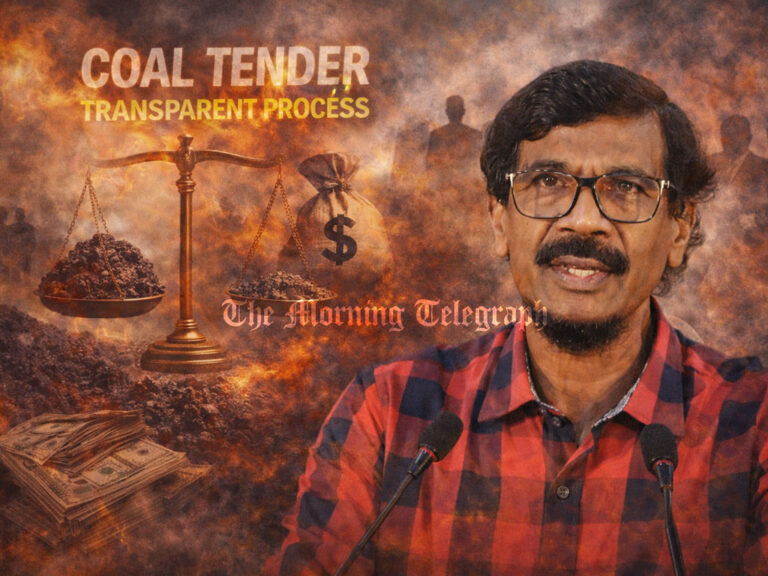
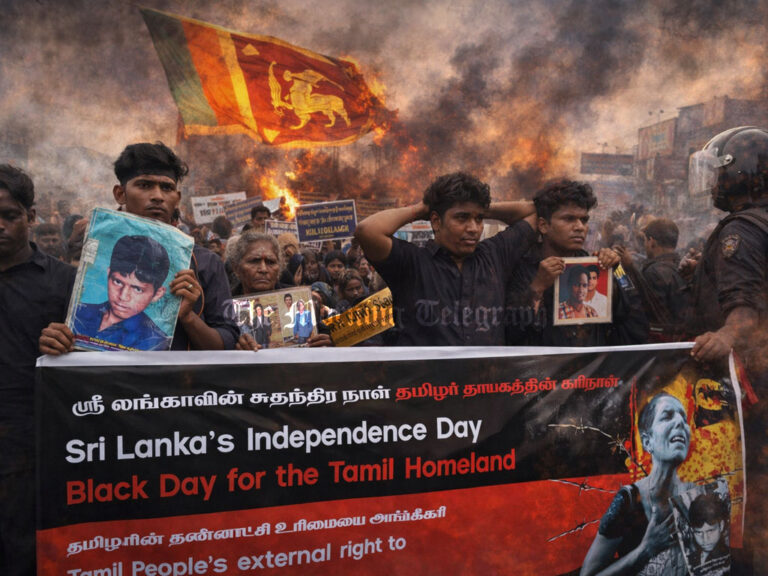
The incumbent President is hell bent in investigating corruption in sports, he should appoint a Presidential Commission of Inquiry on corruption at the NOC from 2005 todate and give appropriate powers for the commision to serve directions to expell the culprits and fine them as well to recover the stolen funds or properties. Minister of sports over to you .Your silence over matters of corruption may be taken as a sign of weakness by the people .